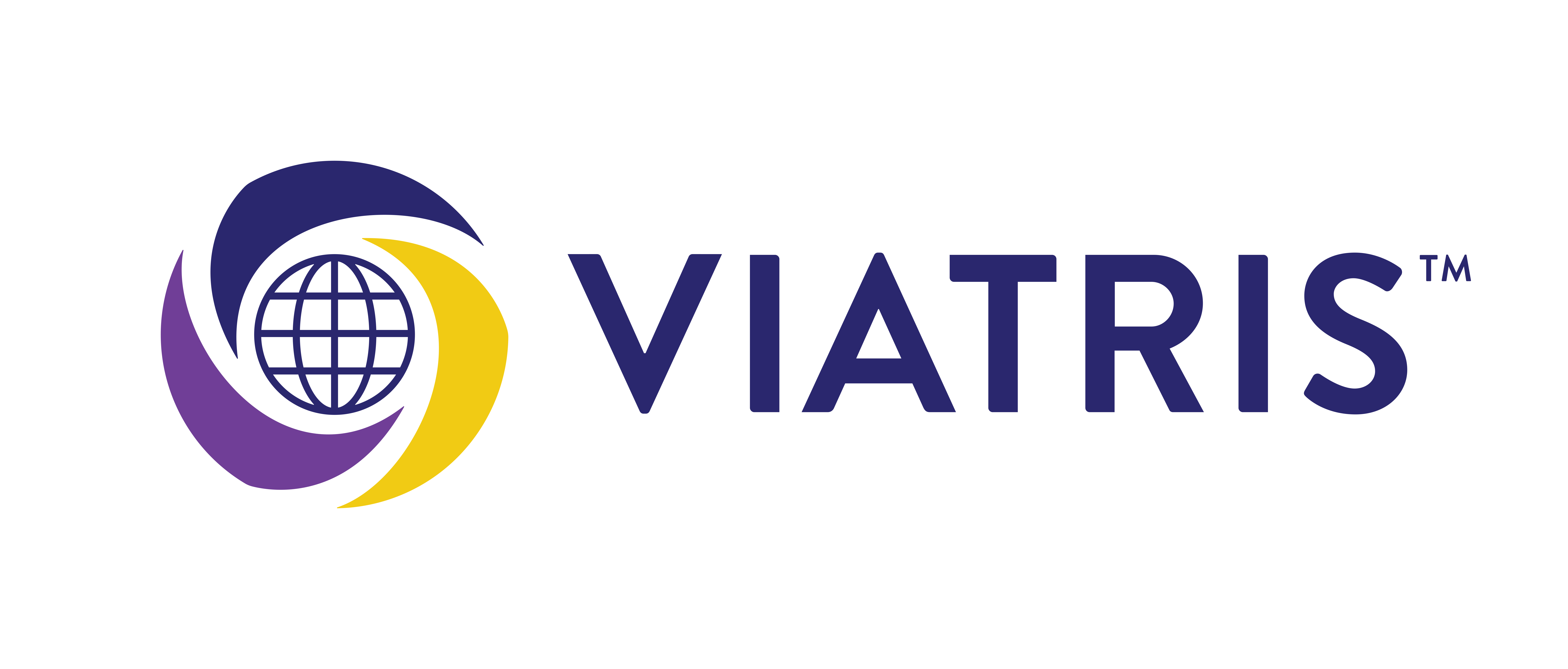NPC1L1 haplotype is associated with inter-individual variation in plasma low-density lipoprotein response to ezetimibe.
Lipids Health Dis. 2005 Aug 12;4:16. 
BACKGROUND: NPC1L1 encodes a putative intestinal sterol transporter which is the likely target for ezetimibe, a new type of lipid-lowering medication. We previously reported rare non-synonymous mutations in NPC1L1 in an individual who had no plasma lipoprotein response to ezetimibe. We next hypothesized that common variants in NPC1L1 would underlie less extreme inter-individual variations in the plasma LDL cholesterol response to ezetimibe.
RESULTS: In 101 dyslipidemic subjects, we found that NPC1L1 haplotype was significantly associated with inter-individual variation in the response of plasma LDL cholesterol to treatment with ezetimibe for 12 weeks. Specifically, about one subject in eight lacked the common NPC1L1 haplotype 1735C-25342A-27677T and these subjects had a significantly greater reduction in plasma LDL cholesterol with ezetimibe than subjects with at least one copy of this haplotype (-35.9+4.0 versus -23.6+1.6 percent reduction, P = 0.0054). This was paralleled by a similar non-significant trend of between-haplotype difference in reduction of total cholesterol.
CONCLUSION: These preliminary pharmacogenetic results suggest that NPC1L1 variation is associated with inter-individual variation in response to ezetimibe treatment.
Partneři

